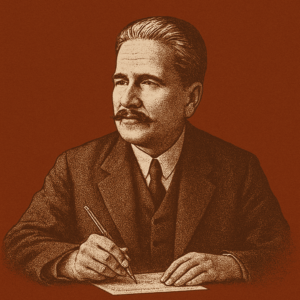There are many different types of music in the world today. Why do we need music? Is the traditional music of a country more important than the International music that is heard everywhere nowadays?
Music is proclaimed to be the language of the spirit. Nevertheless, there are numerous genres of music. Classical, rock, pop, hip-hop, and jazz music are to name a few. Besides, traditional or folk music reflects the traditions and culture of a specific community and features storytelling lyrics.
The importance of music in the modern world can be discerned by its widespread penetration all around the world. Some believe that music improves cognitive skills by activating several parts of the brain. t is thought to have therapeutic effects, reducing stress, anxiety, and depression alongside enhancing mood, promoting relaxation, and improving overall well-being.
Ultimately, the importance of traditional versus international music is subjective and depends on individual preferences, cultural backgrounds, and contexts. Both have their place in the world of music, contributing to the diversity and richness of human expression.
To commence, music holds immense significance in human culture and society. It has the ability to bring people together often used in festivals, and cultural ceremonies to create a sense of unity and strengthen social bonds among individuals and communities.
Beyond that music has been shown to impact various cognitive processes, including memory, attention, and learning. It has a profound effect on emotions, influencing mood and psychological states. It enables people to express various emotions of love, empathy, sadness, and excitement that otherwise may be difficult to put into words.
So far the competition between traditional and international music is concerned it is pretty much contentious to side with anyone of them. On one hand, traditional music seems to preserve cultural heritage and reflects history, values, and folktales. It generates a deep sense of belonging with one’s own traditions and morals.
It is believed that listening to classical music, particularly Mozart, could potentially boost cognitive abilities, especially in areas related to mathematics and spatial tasks. On the other hand, international or pop music has a broad appeal across cultures and borders. It serves as a platform for cultural exchange by connecting people from different geographic backgrounds. It encourages diversity and appreciation for different languages and cultures through music.
Conclusively, traditional music is more dominant in cultural, ceremonious, and ritualistic events. It engages people more because it is available in native languages and brings about cultural pride and identity. International music, too, is regarded due to its widespread reach and cross-cultural influences.
📍 English Language Educator | Blogger & Content Strategist | 7+ Years in Educational Blogging
Nosheen Bashir is a dedicated English teacher and experienced blogger with over seven years of expertise in content creation and educational writing. Passionate about language, literature, and effective communication, she combines her teaching experience with blogging skills to create insightful, research-backed content that helps learners and educators alike.
🔹 Expertise & Achievements:
✔ English Language Education: A skilled educator with years of experience in teaching English grammar, literature, and communication skills to students of varying levels.
✔ Educational Blogging: Running a successful blog for 7+ years, delivering well-structured, engaging content on language learning, writing techniques, and academic success.
✔ SEO & Content Strategy: Specializes in creating high-ranking, authoritative articles that follow Google’s EEAT principles, ensuring content that is both informative and search-friendly.
✔ Student-Centric Approach: Committed to making English easier, engaging, and accessible, helping readers and students improve their language proficiency.
🚀 With a passion for teaching and writing, Nosheen Bashir is dedicated to crafting educational content that empowers students, teachers, and language enthusiasts worldwide.









